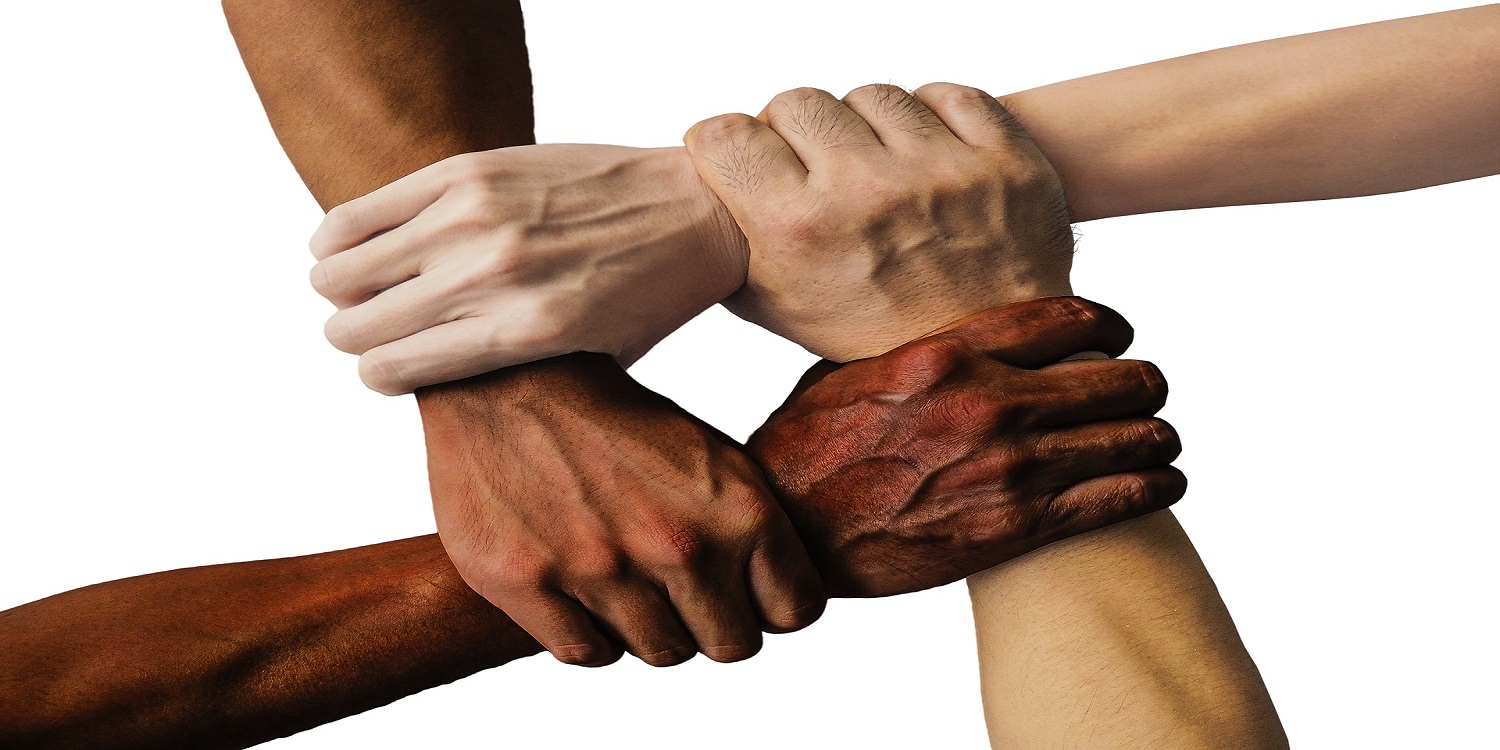
30 May Event security…where next?
Destination choice over the past several years has to a certain extent been dictated by safety – with clients turning away from perceived riskier destinations such as Paris to safer havens, in many cases those secondary cities which, like Manchester, were seen to be more removed from the terrorist threat.
Last week’s atrocity, the suicide bombing at an Ariana Grande concert at Manchester Arena that killed 22 people and injured many more, has resulted in another great city being tarred by terrorism.
We’ve no doubt all read the heart-breaking stories of those affected by this cowardly attack, which deliberately targeted a concert full of children and teenagers, and wondered if anywhere in the world can truly be considered safe?
The UK’s threat level has been raised from severe to critical for the first time since July 2007, which means security services believe further attacks could be imminent, and soldiers and more armed police are being deployed on UK streets to protect the public and act as a deterrent to terrorists.
The natural reaction after such an attack is one of resilience and solidarity. We will not be cowed by terrorism and will stand shoulder to shoulder with the city of Manchester. Event planners say they will continue to pitch and hold events in the city, but the sad truth is the attack will have some impact on Manchester as an events destination.
After the Paris attacks, UK agencies came out in support of France and said they would continue to use the destination. But occupancy rates in hotels in the French capital dropped significantly in the aftermath, and many of those same agencies admitted their clients chose not to go to Paris.
Fear is also a natural reaction in these situations and in that split second when you are considering a destination such as Manchester, alongside one that has not recently been hit by a terrorist attack… as an event planner who wants to keep your delegates safe, which destination are you going to choose? Nobody wants to be the one responsible for making the wrong decision.
Manchester will recover, as it did after the bombing of the Arndale Centre in 1996. The events industry should do everything in its power to help that recovery by choosing solidarity and strength over fear. And we as agencies can help by reassuring our clients and encouraging them to support Manchester in its hour of need.
But a bigger issue raised by this attack is that it highlights the vulnerability and security measures at large scale public venues. Many newspapers are reporting that bags were not checked at Manchester Arena on the night of the bombing. An investigation into the venue’s security will no doubt be carried out, but now more than ever, event planners need to make sure they not only make sure they have their own security measures in place, but also scrutinise the procedures at the venues they are using as part of their Risk Assessment process.
As Jane Longhurst, chief executive, The Meetings Industry Association, said in response to the Manchester attack: “As we have unfortunately witnessed, the capabilities and tactics of terror organisations and criminals continually evolve. Security provision needs to be viewed as a necessary investment rather than a cost and fully integrated to maximise its effectiveness.”

